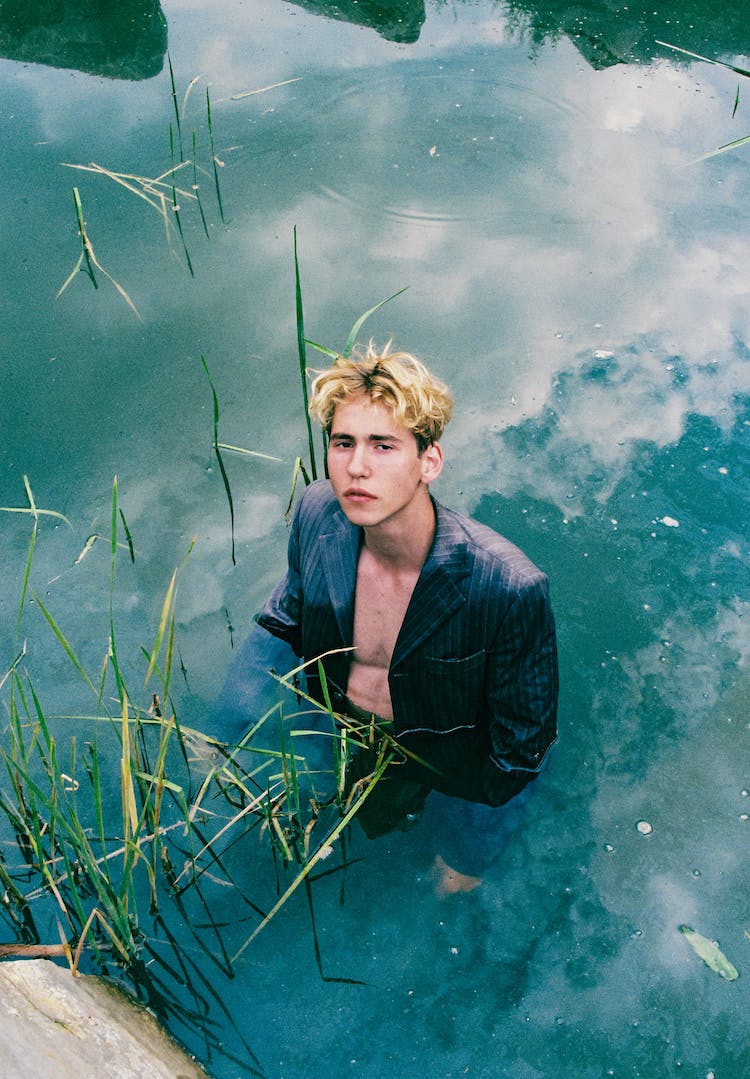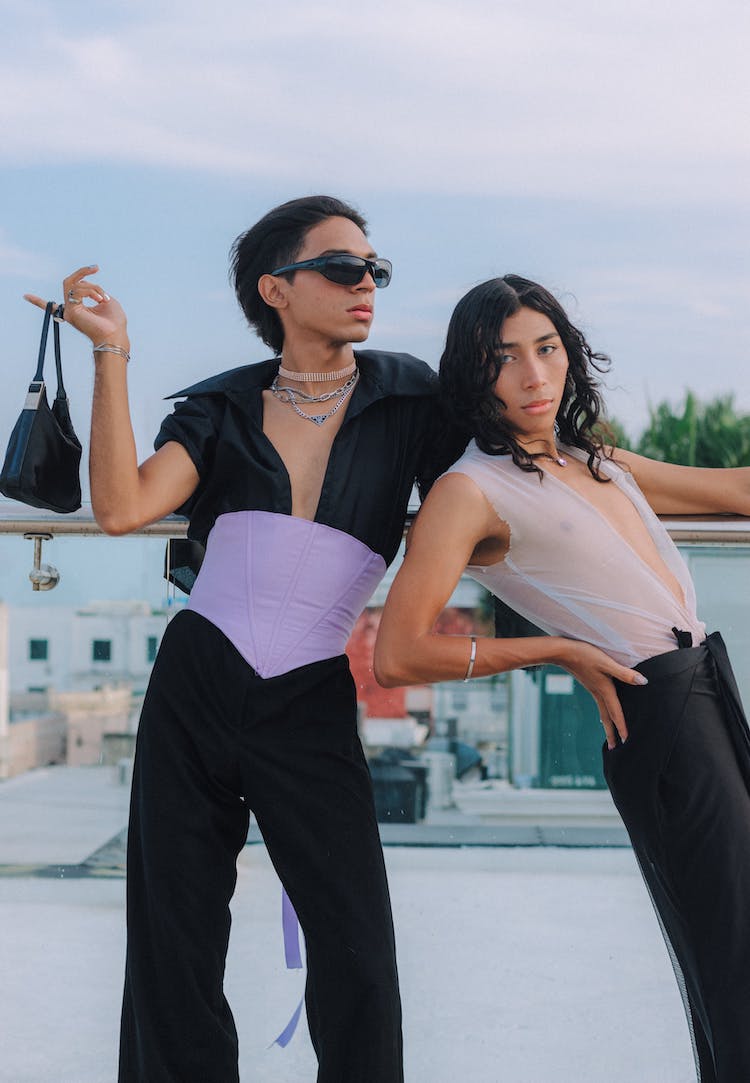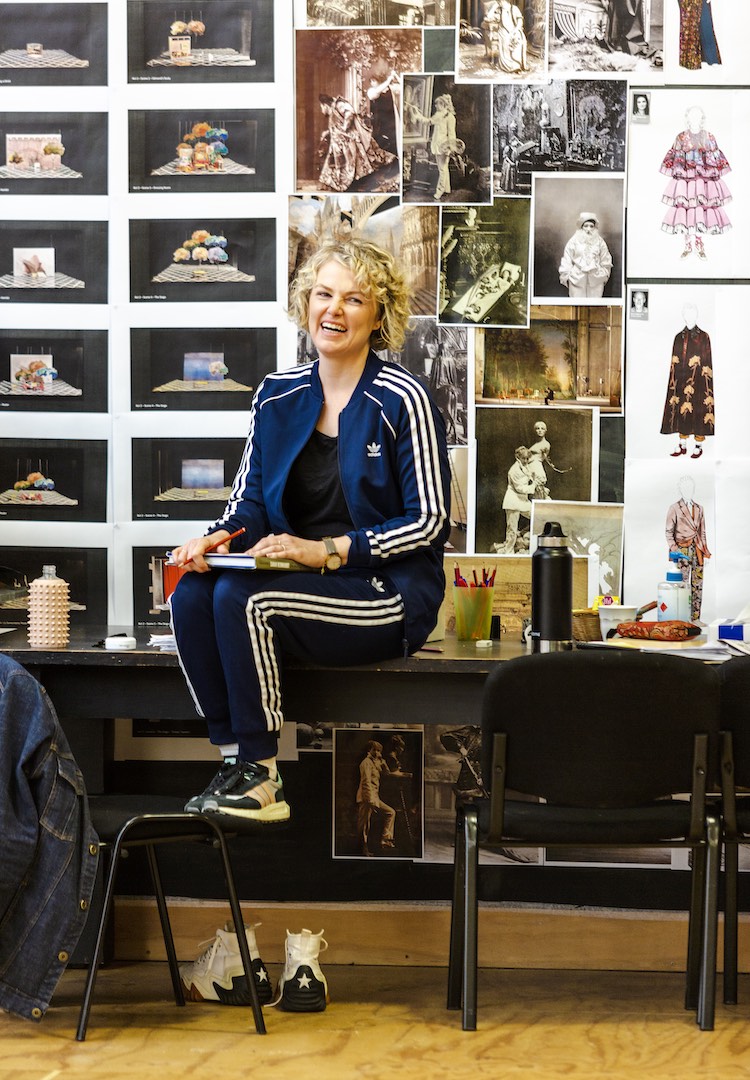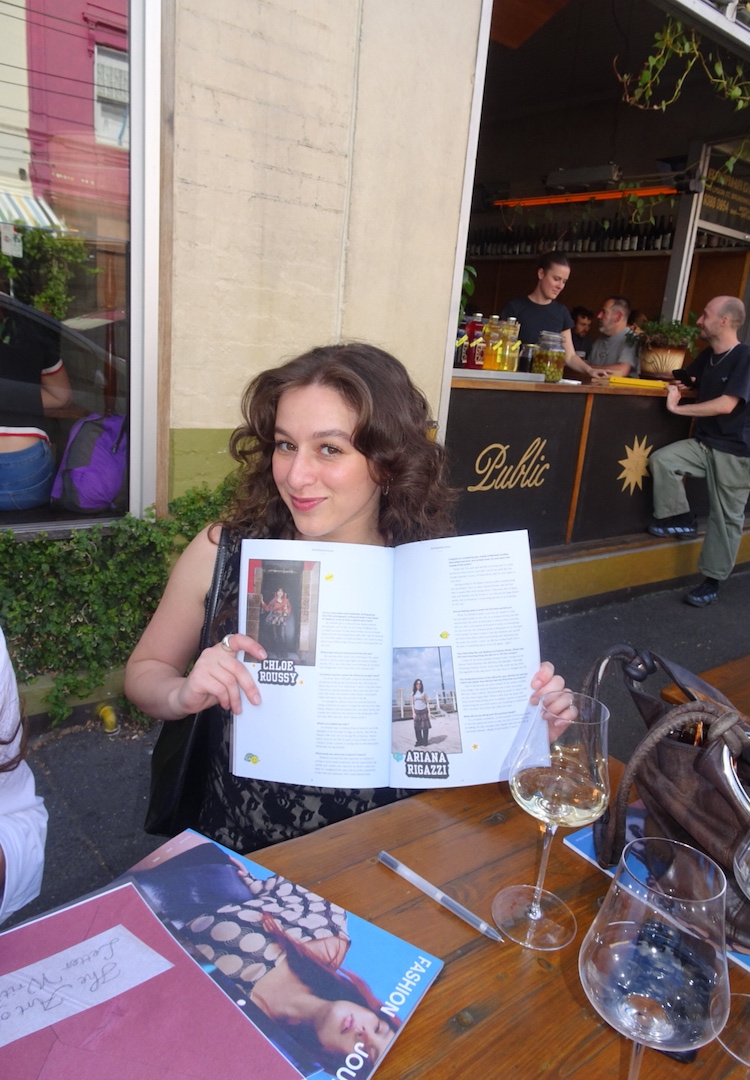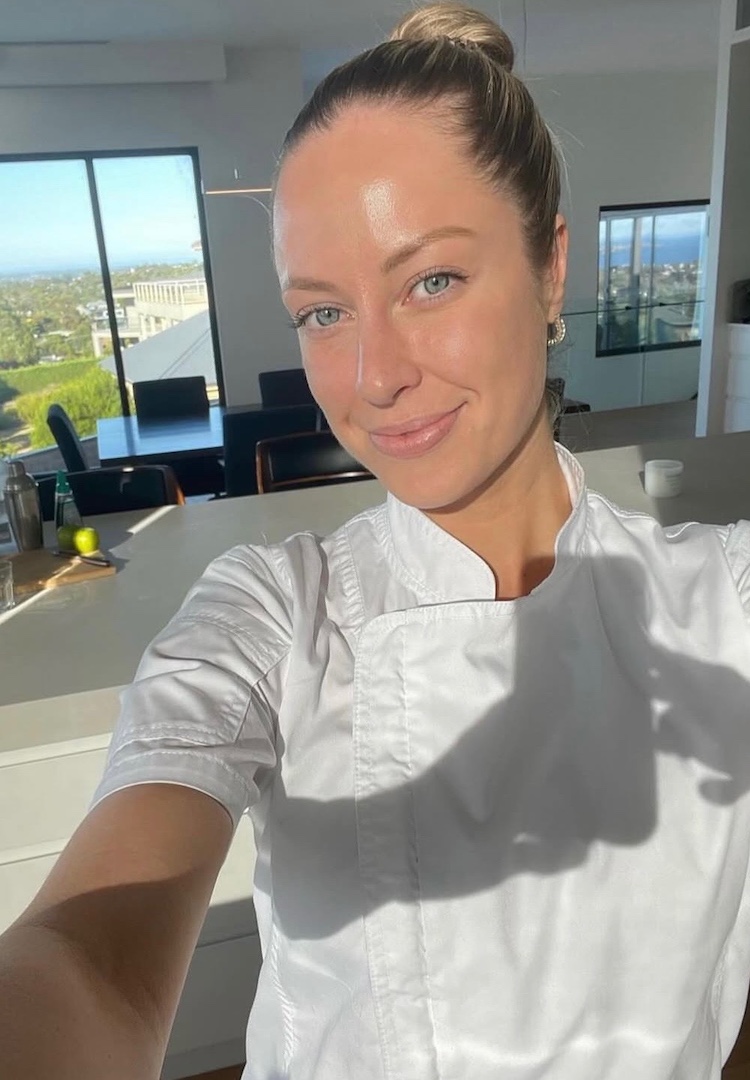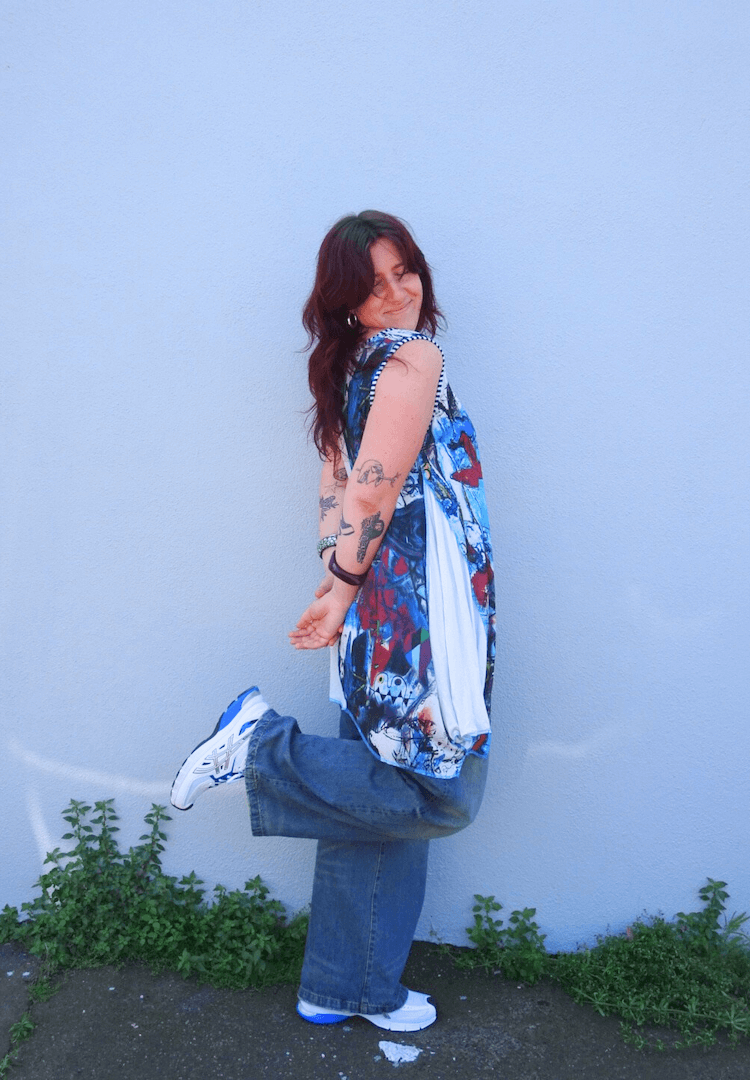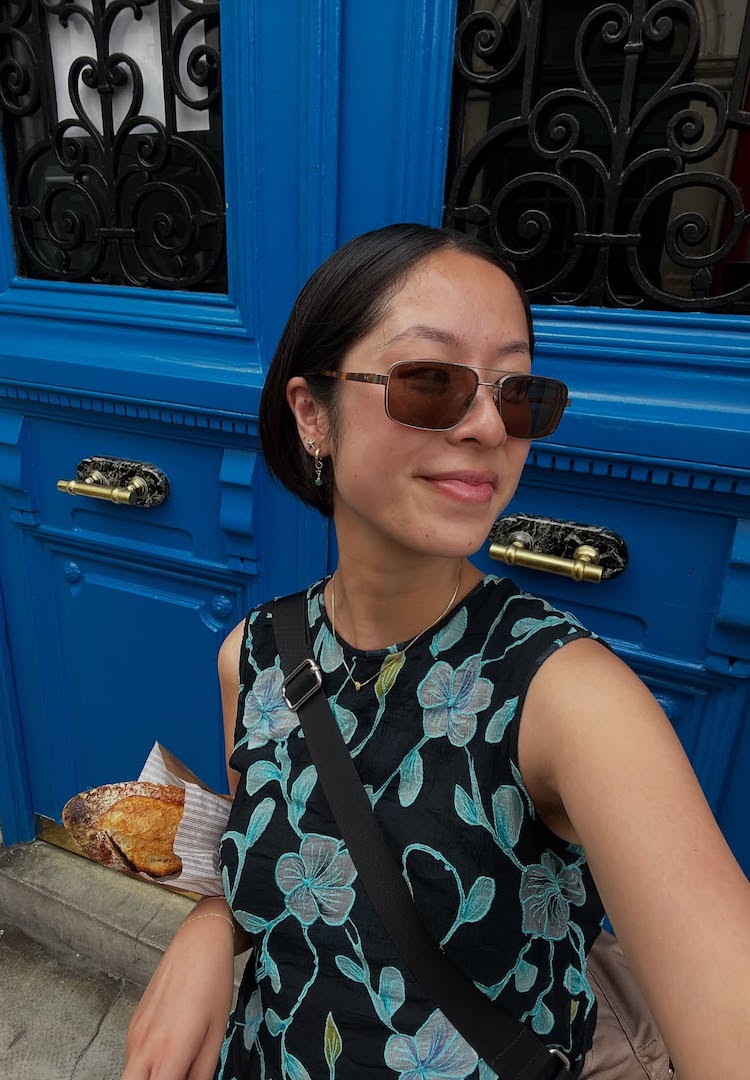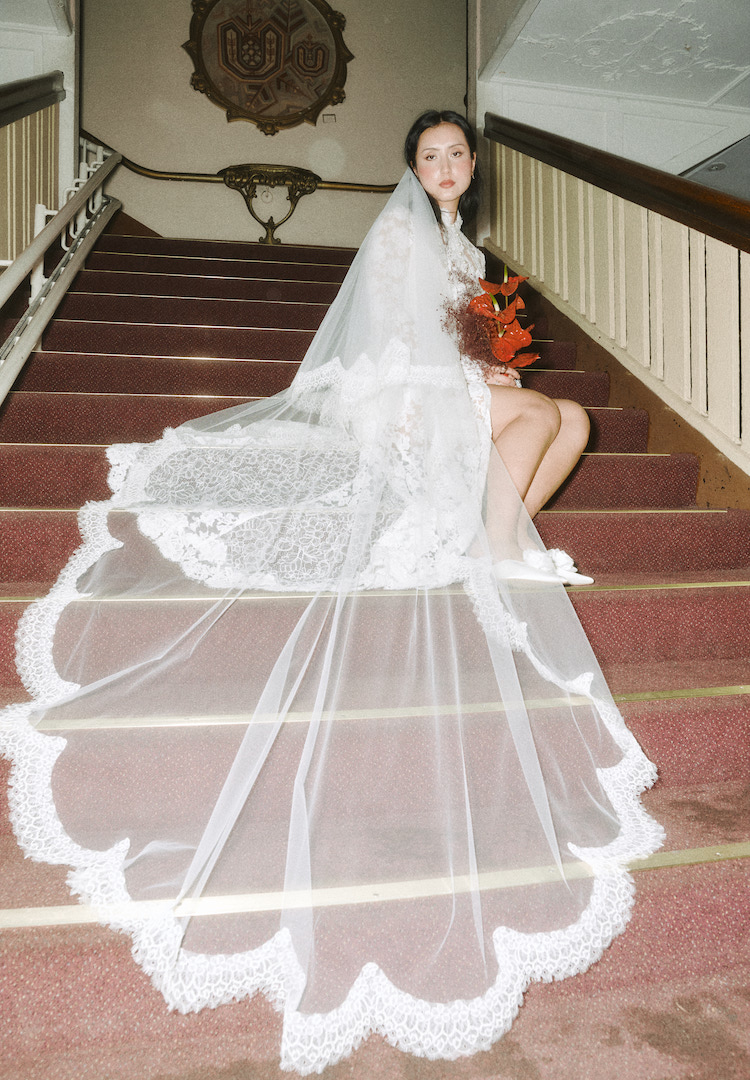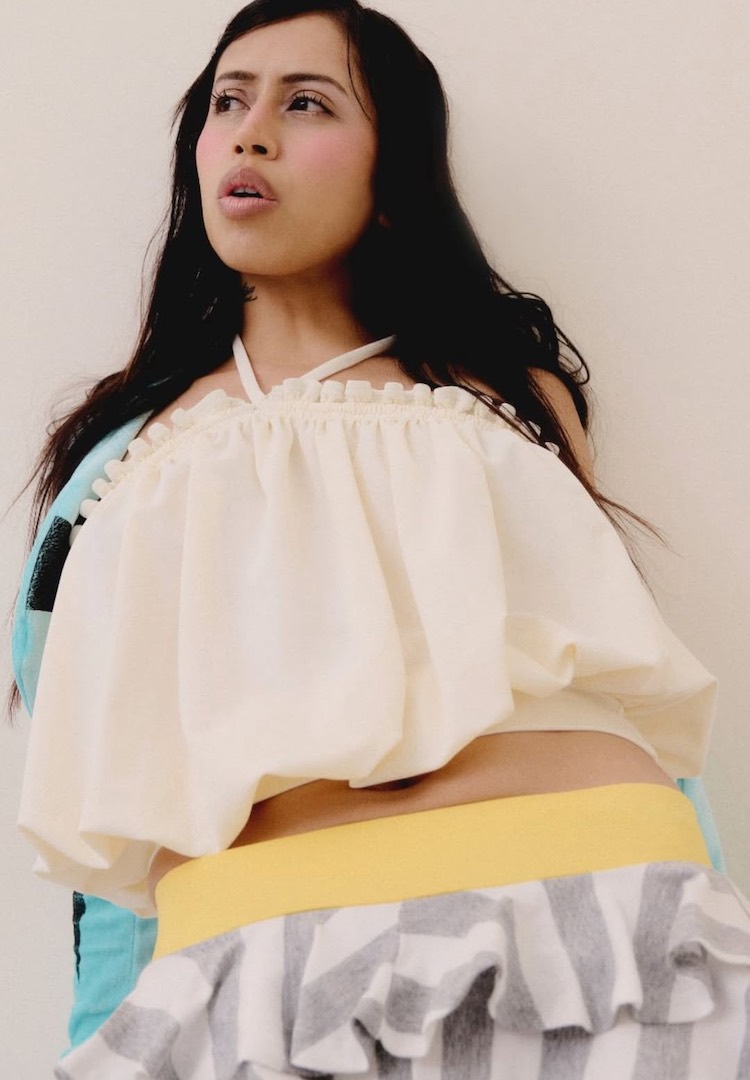How to find a career mentor
WORDS BY GENEVIEVE PHELAN
Hit that role model up.
Mentorship is all around us. It comes from our friends, family, educators, industry idols and other accidental encounters of the experienced and wise. My first unofficial mentor was an English teacher whose unconventional style of ‘living the text’ and profound belief in my ability pushed me to do the very best I could.
My next came at Urban List Melbourne when I was 19 and hellbent on working in the industry. They came in the form of a deputy editor that went above and beyond to make my time there the richest experience possible. I was encouraged to pitch concepts outside of the typical internship scope and attend events on behalf of the publication a week or so in. He was another reason why I chose to pursue a career in the written word.
Are you a creative looking for a job? Our Careers vertical is the right place for you.
I’ve been lucky to lean on the learnings of masters in their field. Be it creative agency directors, PR account managers, editors, fellow colleagues, online friends, or even past romantic flings, the past few years I have canvassed a small army of brilliant minds to borrow stuff from.
I’ve been lucky to find a place to communicate my stories in the hope that other people can relate to them and better process their own experiences. To join in revelation or devastation through dating/fashion/careers essays is so very cool and something I still can’t quite comprehend when I receive sporadic DMs from women I’ve never met or ones I’ve long looked up to. Some have told me their failed romantic endeavours and absurd stories of dickish male behaviour.
There’s beauty in the breakdown, and there’s company in the courage it takes to fess up and share what we’ve learned from our past mistakes (in work and life). Jasmine Wallis’ recent piece on comparison got me thinking about changing our perspective. When fellow creatives succeed, we must turn to their work (or Instagram DMs) for salient advice. It’s a reason to evolve, rather than devolve into self-doubt and jealousy.
I recently grabbed a coffee with former Vogue Fashion Features Writer, Jen Nurick. The roundabout way in which she established herself in the industry was down to sheer talent and trust in the process, realising relationships and resilience are everything. As someone who is now approached by aspiring writers, she accidentally became a mentor over Instagram, emails and coffee dates (like ours).
“I realise how difficult it is to reach the very people whose jobs we wish to one day have, so I always find the time to respond to any emails I receive, and I’m always very touched,” says Jen.
“I think there’s always value in making connections in and outside of the industry. Welcome coffees with strangers, expand your horizons beyond your chosen field and try to think more broadly about the ways in which anyone you meet can enrich your life and career. You never know who may hire you later in life, or the ways in which someone may be affected by a piece you wrote or a conversation you had. Also, exercise patience. A connection that may seem random now could prove helpful later.”
Two other women who know (more than most) about the value of mentorship are Anna Mackenzie and Caitlin Judd of Lady-Brains. What started four moons ago as friends getting together for dinner (and wine) to talk about business, life and big ideas is now a far-reaching club of founders and almost-founders who are building great brands.
Their success is a testament to the power of togetherness and using their minds to do ‘that thing’ they always wanted to, but didn’t necessarily have the resources or skillset to start. I chatted to Anna and Caitlin to figure out how to find a mentor in the Australian creative industry, for those who are unsure where to start.
“Figure out where you need help, and that will direct your search. If you have no idea where to start, find someone who is just a little bit further along the journey than you are, rather than someone who is all the way ahead. You may have more luck connecting with those who are closer to where you’re at right now,” says Anna.
“And reach out to your network (cue: Lady-Brains) to see if they can connect you with anyone. If you’re not part of a formal community, LinkedIn is a great untapped resource for connecting with people professionally. Ensure when you connect, you add a personal and intentional note. And it doesn’t always have to be a formal mentor relationship, either. You could seek mentorship from anyone (eg. another creative, a friend that works in PR, an accountant) in your network who has a skillset you’d like to acquire,” says Caitlin.
I recently found out – from a very rogue and insanely gushing messager request – that my ‘Ode to Glossies’ article from last year was immortalised in VCE English SAC form. I was amused, confused and a bit emotional. It means my English teacher from years ago must still read my writing (online and in the media now as opposed to illegibly scribbled on an A4 notebook). This is also mortifying as the classification rating of my writing has escalated from PG to R+.
It struck me that we’ve come full circle: the teacher who instilled my passion for words at lunchtime essay reviews is now using my work in his exams, and the girls completing them in the classroom where I sat are – in some incomprehensible way – looking up to me.
Hemingway was notorious for stripping his writing down to its bare bones, after refusing to kill his darlings in the early days. Both my old teacher and my editor encouraged me to consider words on a page as dollars, with the word count total having a budget. I still go on tangents, but they’ve made me better at my job, as have my current editors across FJ, Sauce and Elle.
We might lose a scrap of perceived dignity by taking a risk and divulging how touched we were by someone’s work out of the blue. But whether you’re killing it, finishing a degree in it, or unsure where to start with it, consider this: the next time you resonate with a total stranger’s piece of work (whatever it may be), reach out and let them know so. Tell them why. Start a convo with them. You never know who you might be getting a vino with next Thursday or working for in a year.
This article was originally published on May 24, 2021.
For more on finding your perfect mentor, head here.

